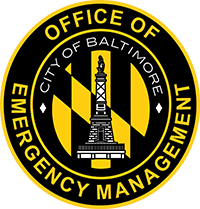

Major Chemical Emergencies
A major chemical emergency is an accident that releases a hazardous amount of a chemical into the environment. Accidents can happen underground, on railroad tracks or highways, and at manufacturing plants. These accidents sometimes result in a fire or explosion, but many times you cannot see or smell anything unusual.
How You May Be Notified of a Major Chemical Emergency
In the event of a major chemical emergency, you will be notified by the authorities. To get your attention, a siren could sound, you may be called by telephone, or emergency personnel may drive by and give instructions over a loudspeaker. Officials could even come to your door.
Listen carefully to radio or television emergency alert stations (EAS), and strictly follow instructions. Your life could depend on it. You Will Be Told
Do not call the telephone company, and do not call EMS, 9-1-1, or the operator for information. Dial these numbers only for a possible life-threatening emergency.
Shelter in Place
One of the basic instructions you may be given in a chemical emergency is to "shelter in place". This is a precaution aimed to keep you and your family safe while remaining in your home. If you are told to shelter in place, take your children and pets indoors immediately.
While gathering your family, you can provide a minimal amount of protection to your breathing by covering your mouth and nose with a damp cloth.
Evacuation
Authorities may decide to evacuate an area for your protection. Again, it is important to stay calm, listen carefully and follow all instructions.
If you are told to evacuate, listen to your radio to make sure the evacuation order applies to you and to understand if you are to evacuate immediately or if you have time to pack some essentials. Do not use your telephone.
If you are told to evacuate immediately:
(Courtesy of the American Red Cross, www.redcross.org)